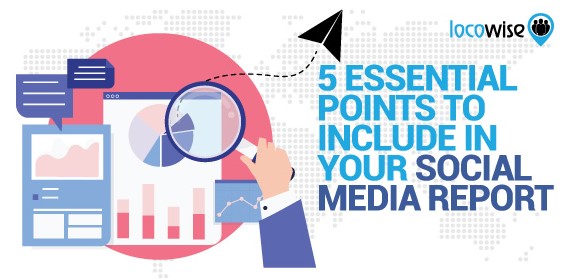
Reporting on Social Media: What Happens When Someone Reports You on Facebook is a process where users can flag inappropriate, harmful, or violating content to Facebook’s review team. When a report is made, the reported content undergoes a review process where Facebook’s team determines whether it violates their Community Standards. If the content is found to be in violation, actions such as removal of content, disabling of accounts, or even reporting to law enforcement can occur. However, the identity of the person who reported is kept anonymous to maintain privacy and prevent retaliation.
Understanding the Consequences: What Happens When Someone Reports You on Facebook?
In the digital age, social media platforms like Facebook have become an integral part of our daily lives. They serve as a medium for communication, entertainment, and even business. However, with the increasing use of these platforms, issues related to privacy, security, and misuse have also surfaced. One such mechanism to counter these issues is the reporting feature. But what happens when someone reports you on Facebook? Understanding the consequences of this action is crucial for every user.
When a user reports another on Facebook, the social media giant takes it very seriously. The reporting feature is designed to maintain the safety and integrity of the community. It allows users to flag content or behavior that they believe violates Facebook’s Community Standards, which encompass a wide range of rules related to hate speech, violence, nudity, harassment, and more.
Once a report is made, it triggers a review process. Facebook employs a team of professionals who work round the clock to review these reports. They assess the reported content or behavior against the Community Standards to determine if there has been a violation. It’s important to note that the identity of the person who made the report is kept confidential throughout this process to protect them from potential retaliation.
If the review team finds that the reported content or behavior does indeed violate the Community Standards, they take appropriate action. This can range from removing the offending content to disabling the reported user’s account, depending on the severity and frequency of the violation. In some cases, Facebook may also limit certain features for the reported user or require them to take steps to rectify their behavior before they can fully use their account again.
However, if the reported content or behavior is found not to violate the Community Standards, no action is taken against the reported user. They may not even be aware that they were reported, as Facebook does not notify users of reports made against them unless action is taken. This is to prevent unnecessary conflict and maintain a positive environment on the platform.
It’s also worth mentioning that Facebook encourages communication and understanding among its users. If you find yourself reported, it may be beneficial to reach out to the person you believe may have reported you, provided you can do so respectfully and without confrontation. Often, misunderstandings can be resolved through open dialogue.
In conclusion, being reported on Facebook can have serious consequences, but only if the reported content or behavior is found to violate the Community Standards. The reporting feature is not a tool for personal vendettas or petty disputes, but a mechanism to maintain a safe and respectful community. As users, it’s our responsibility to understand these rules and adhere to them, ensuring a positive and enjoyable experience for all on the platform.When someone reports you on Facebook, the social media platform’s team reviews the reported content or profile based on its Community Standards. If the report is found valid, the content may be removed, and the user may face penalties ranging from a warning to a permanent ban, depending on the severity of the violation. However, the person who reported you remains anonymous, maintaining user privacy.
